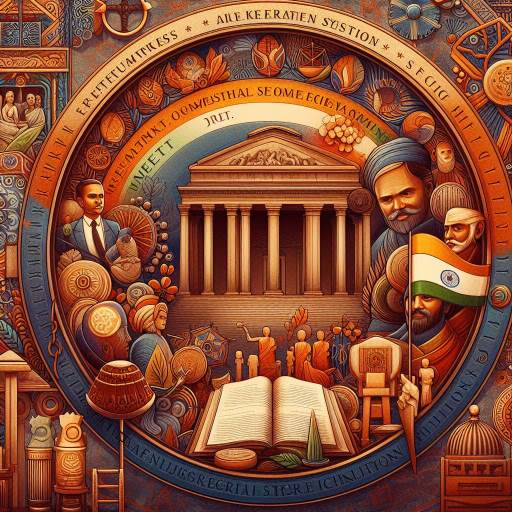NEET Reservations System

Historical Context
It is crucial to understand the historical background of NEET in order to completely understand its reservations system. Affirmative action laws intended to rectify past wrongs and societal injustices are the source of reservations in India. In this quest for social justice and inclusivity, the Mandal Commission report from 1980—which suggested reservations for economically and socially disadvantaged groups—represents a critical turning point. With the help of these measures, populations who had long been oppressed and disadvantaged would be able to engage more fairly in a variety of spheres, including education.
The Reservation System in NEET
In order to provide a standardized entrance exam for medical and dentistry programs in India, NEET was established in 2013. But worries about how it might affect vulnerable populations soon surfaced. Reservations are essential to ensuring that candidates from varied backgrounds receive equal chances, even as NEET strives to guarantee merit-based admissions. Quotas for Scheduled Castes (SC), Scheduled Tribes (ST), Other Backward Classes (OBC), and economically weaker sections (EWS) are commonly included in the NEET reservations system.
Implications and Controversies
There are advantages and disadvantages to NEET’s reservation system. Reservations, according to supporters, are necessary to advance inclusivity and remove the structural obstacles that underprivileged communities must overcome. NEET aims to empower marginalized populations and right past wrongs by offering reserved seats. Reservations also help to promote diversity in the medical field by creating a more representative workforce that is better equipped to recognize and serve the needs of a wide range of patient populations.
On the other hand, NEET reservations have also generated controversy. Opponents argue that objections undermine the merit-based foundation of NEET and could have an impact on the standard of medical education and healthcare services. The reservations system’s fairness is questioned in light of claims of abuse and underrepresentation of some communities. In addition, there have been difficulties with the execution of reservations, such as problems with administrative obstacles, faculty availability, and infrastructure.
Addressing Challenges and Moving Forward
A comprehensive technique is necessary to navigate the reservations system within NEET effectively. Transparency and accountability are crucial when it comes to the execution of reservations. Strict measures must be put in place to guard against abuse and guarantee that reservations actually help the people for whom they are meant. Furthermore, initiatives to rectify the underlying socioeconomic inequalities that initially require reservations should be undertaken. This entails making investments in infrastructure, healthcare, and education in underprivileged areas to level the playing field for all prospective medical students.
In addition, overcoming the disputes around reservations requires promoting communication and understanding. Effective solutions can be sought by including stakeholders from various backgrounds, such as legislators, educators, and students. Achieving a delicate equilibrium between meritocracy and equity is crucial, as both values are crucial for guaranteeing an equitable and inclusive education system.
Conclusion
In summary, the NEET reservations system is a complex problem with broad ramifications for India’s educational system. Reservations present difficulties and debates even if they are essential for advancing social justice and inclusivity. We may endeavor to create an education system that is more inclusive and equitable by comprehending the historical background, ramifications, and current discussion concerning reservations in NEET. In order to guarantee that reservations fulfill their original role of strengthening vulnerable populations while maintaining merit and quality, strong efforts will be required going forward to overcome the issues. India can further progress toward a more inclusive and equitable society by engaging in discourse, being transparent, and making targeted interventions.
Related Post:
This is a link to NEET Group Study: Maximizing Collaboration & Learning.
And this is a link to The Role of Mock Tests in NEET Preparation.